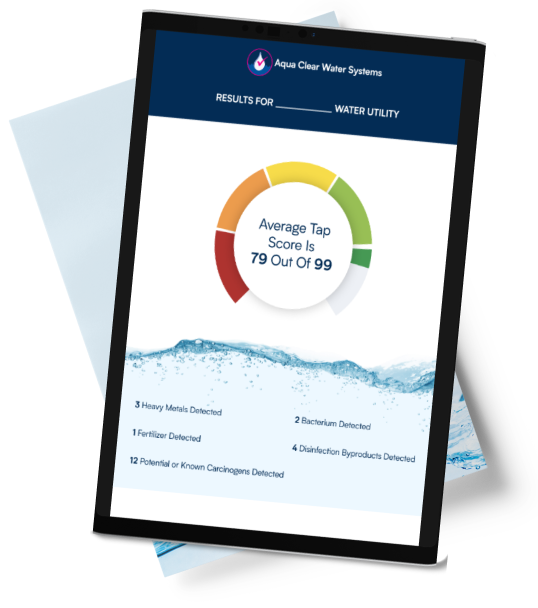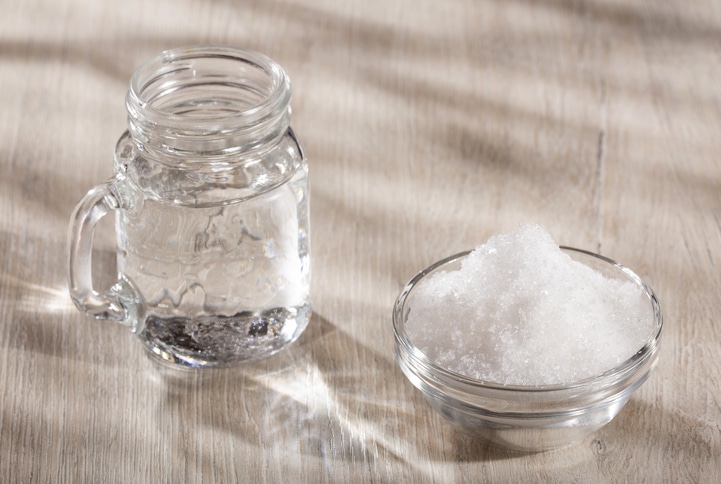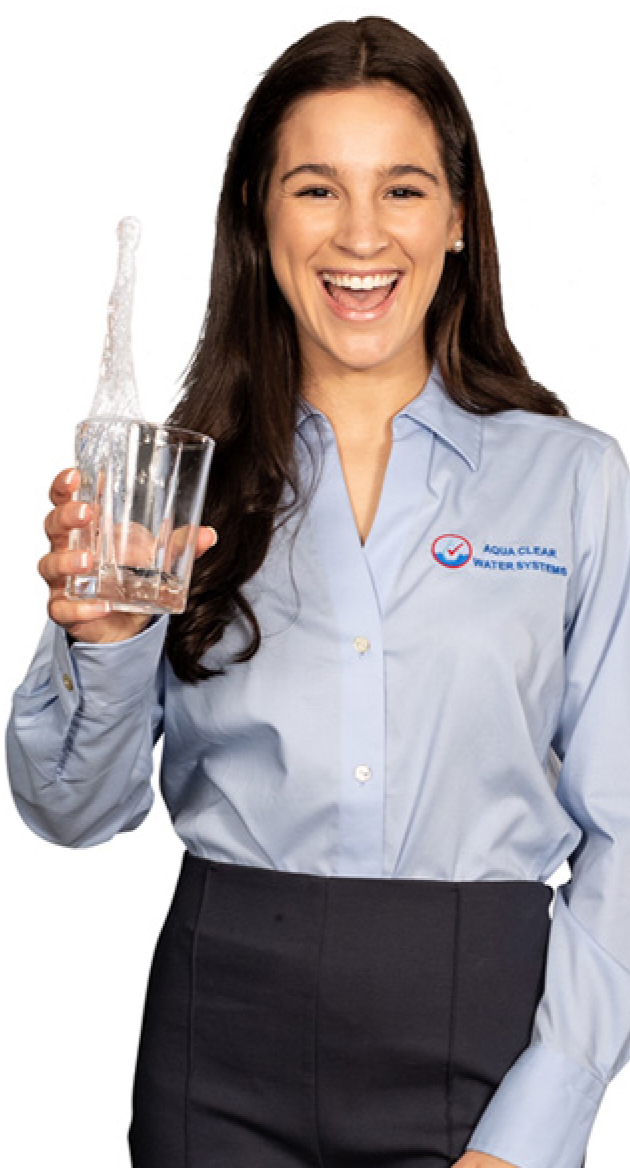If this question concerns you, first of all, you’re thinking along the right lines. Soft water is better than hard water and although the latter is a fact of life for 85% of Americans, many of the 85% are doing something about it.
The science behind this can get a little technical, as science tends to, so hold onto your hat: elements such as calcium and magnesium in the water are the problem here, and introducing sodium into your water gets rid of them. Is everyone familiar with the word “ions”? No? How about charged molecules and their effect on ion exchange? These things are involved here but this is not a chemistry class so let’s look from a simpler perspective.
Whether it’s sodium, calcium, and magnesium or their ions doing battle, the fact is that sodium wins and gets rid of the offending substances which cause the crusty deposits that get everywhere from pipes and kettles to washing machines and showers. Your hair and skin don’t feel as silky as they should when you’re just out of the shower because the deposits are on you, just as they are in the dishwasher.
Salt-free water softeners don’t get rid of calcium and magnesium but change them, so they don’t cause the deposits. But just how hard is the water in your area? If it’s chock full of these elements, do you really want to be ingesting them – modified or not – in drinks and food?
Check With a Reputable Water Softener Supplier
Until you get your water tested, you will not know what you’re dealing with. There could be other issues, something in your water that is harmful to health, so it is well worth finding out.
However, we are looking here at softeners, and what is the downside of salt-based water softeners. Sodium, the active ingredient here, is what we know as salt, and while it has its uses – and the human body needs it up to a point – we don’t need too much of it. While a salt-based water softener won’t give you harmful levels of sodium, once it has done its job, it will be flushed away, taking the calcium, etc with it, and that means it finds its way back into the earth and eventually perhaps back into the water supply.
It does get complicated, but talking to a professional can clarify the issue for you: your local Kinetico dealer will know exactly what you’re up against and be able to advise accordingly.
How Long do Salt-Free Water Softeners Last?
Both salt-based and salt-free water softeners can have a good lifespan, maybe 10-15 years as a rough ballpark estimate, but it depends on several factors. These include how hard your water is, and therefore how hard the softener has to work, and how much water you use, which again affects the rate at which the water softener has to work. Thirdly, maintenance has an appreciable effect here. Look after your water softener and it will look after you – but make sure it’s a good one in the first place.
Aqua Clear Water System protect your family and appliances from 99.9% of harmful contaminants







